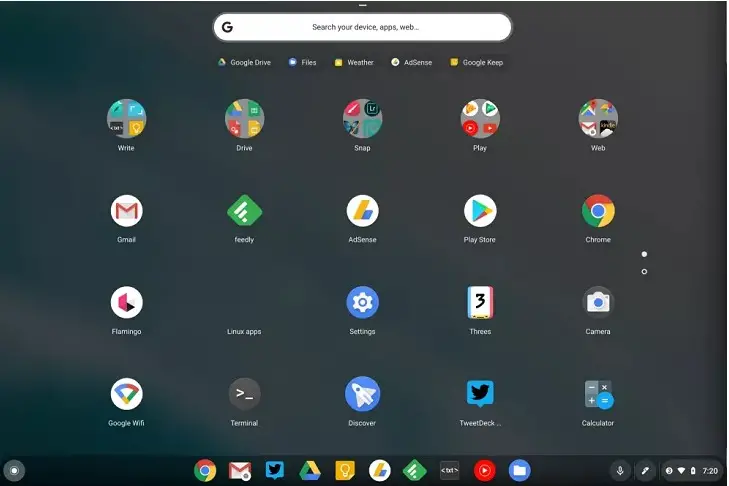Google said that all new Chromebooks will support Linux
On the recent Google I/O 2019, Google announced that it will be able to execute Linux on its new Chromebook this year. As early as last year, Google planned to let Chromebooks support Linux. Although Android and Chrome OS are based on Linux, these two platforms do not directly support Linux. On a Chromebook, users who want to use Linux generally have to switch to development mode, and the installation can be done with the open source project Crouton.
According to ZDNet, you can start Debian 9.0, code-named Stretch, by pressing the Search/Launcher button on your Chrome OS app switcher and typing Terminal to bring up the Termina VM. If you want to run a Linux distribution such as Ubuntu or Fedora, you only need a few more lines of shell commands.
Linux on the Chromebook is not implemented in the traditional dual-system mode. Users can execute both Chrome OS and Linux platforms, and switching between systems is very convenient. For example, users can select a document file through the Chrome OS file manager and open it with LibreOffice — this process doesn’t even require a Linux session to be started. In fact, the latest version of the Chrome OS Canary already supports file manager for managing and migrating files on Chrome OS, Google Drive, Linux, and Android.
In addition, considering that Chromebooks already support Android, developers will be able to develop applications for Chromebooks that support both Chrome OS, Linux, and Android platforms.





